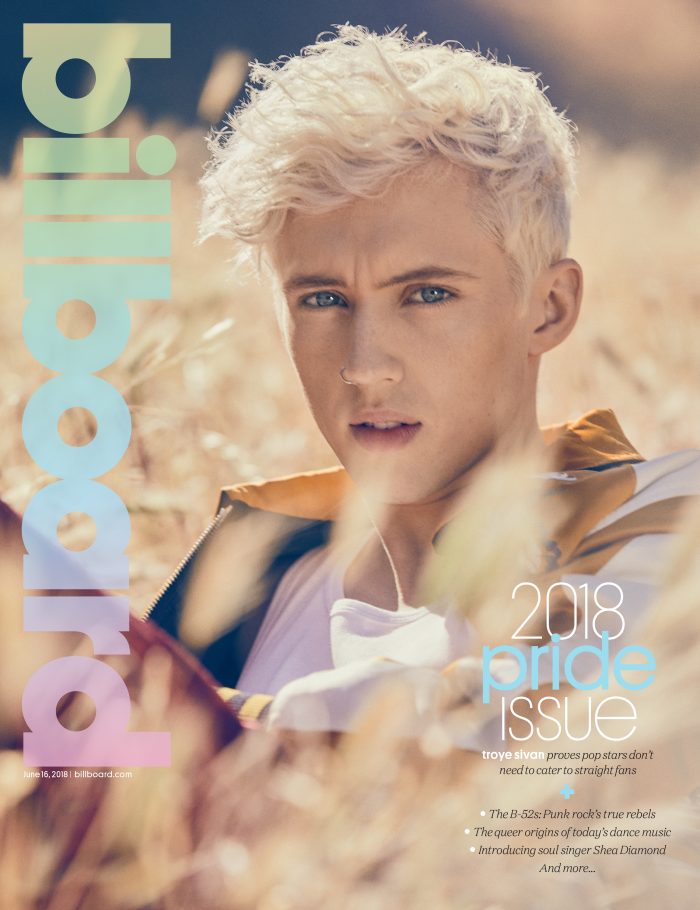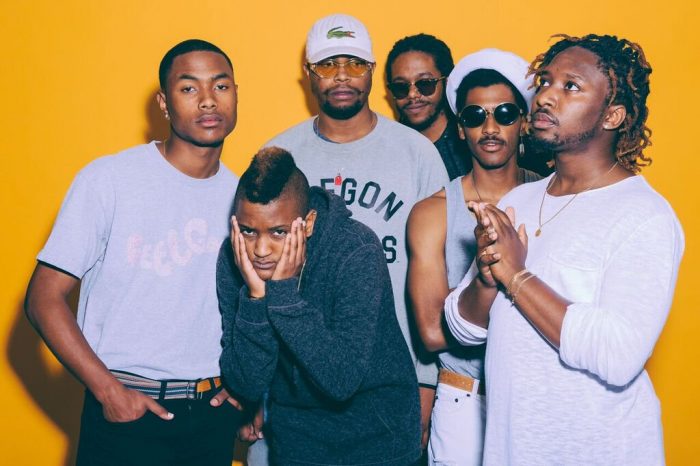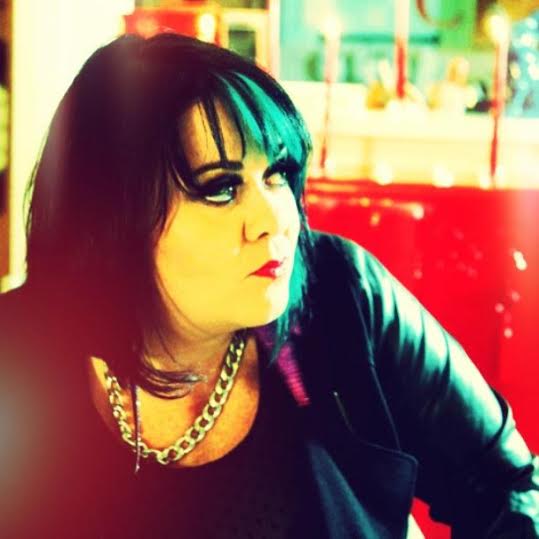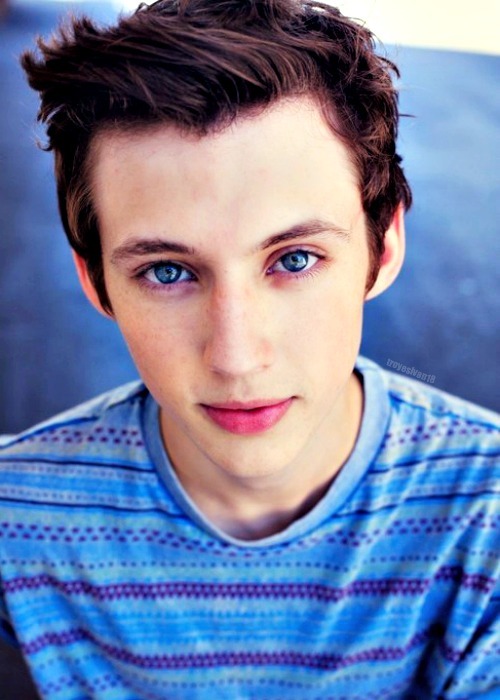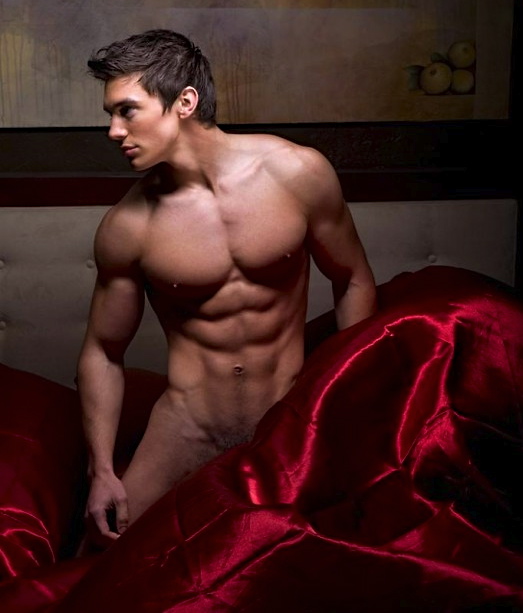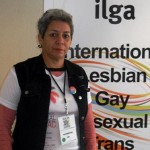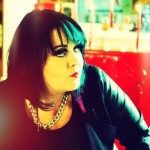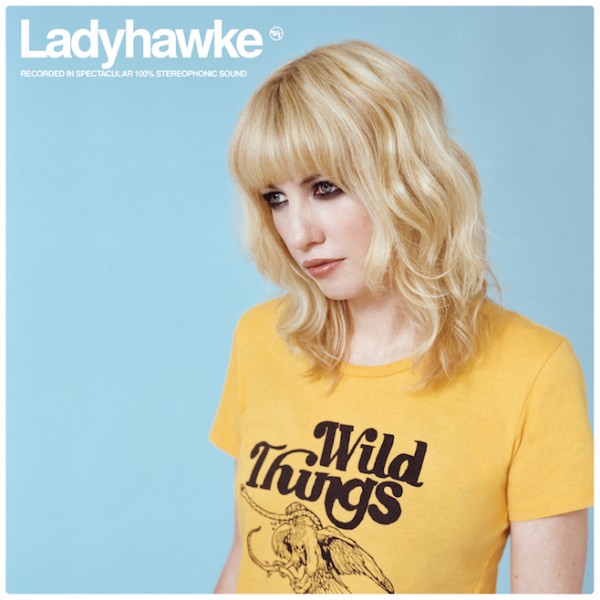 She is Ladyhawke but she’s also New Zealand synth-pop musician/artist Pip Brown and she’s currently on a world tour in support of her 3rd lp, “Wild Things” which features the single “A Love Song”. The self-professed gamer/nerd has made several changes in the last 3 years; she quit drinking and married New Zealand actress Madeleine Sami in 2015. “I think I went even more synthy and poppy this time around,” Brown says of the buoyant Wild Things. “I feel good for the first time in 10 years. I actually have a clear mind! I have a wife. I feel stable. That is what I’m celebrating.”
She is Ladyhawke but she’s also New Zealand synth-pop musician/artist Pip Brown and she’s currently on a world tour in support of her 3rd lp, “Wild Things” which features the single “A Love Song”. The self-professed gamer/nerd has made several changes in the last 3 years; she quit drinking and married New Zealand actress Madeleine Sami in 2015. “I think I went even more synthy and poppy this time around,” Brown says of the buoyant Wild Things. “I feel good for the first time in 10 years. I actually have a clear mind! I have a wife. I feel stable. That is what I’m celebrating.”
More on Ladyhawke below and Seattle can check out this rising star at The Tractor Tavern on Thursday, June 30, 2016 with opening act, Pillar Point. It’s a 21+ show and tickets are only $13. Check it out…grab tickets HERE!
“People wonder why there’s always a massive gap between my albums,” says Pip Brown, better known as Ladyhawke, the one-woman synth-pop act from New Zealand. The reason is both complicated and easy. The simple explanation: “I’ve never released anything I’m not proud of. That’s important to me. I don’t want to release anything that I have a weird feeling about.”
Those instincts have served Brown well, starting with her self-titled debut in 2008, which peaked at No. 16 on the U.K. album charts and No. 1 in Australia and New Zealand’s album charts. It won Australia’s ARIA music awards for Best Breakthrough album and Best Breakthrough Single. Brown also took home six New Zealand music awards and was nominated for The Brits’ much coveted Best International Artist.
Her first album’s joyous, ’80s-electrified breakout singles, “Paris Is Burning” and “My Delirium,” made an impact Stateside as well, sound-tracking Ugly Betty, CSI: Miami, Top Gear, and other shows. (An avid gamer who devotes one tour suitcase to her PlayStation and its paraphernalia, Brown credits early videogames for “sparking my love of electronic music.”) “My Delirium” likewise vaulted up New Zealand’s and Australia’s Top 10 singles chart (it was also certified platinum in the latter country) and hit No. 33 in the U.K. Three years later, Ladyhawke’s more aurally angular follow-up, Anxiety, yielded the stand-out, synch-friendly single, “Blue Eyes.” Like its predecessor, the album charted in the U.K.’s Top 40 and in Australia’s and New Zealand’s Top 20, respectively.
Brown’s conviction to authenticity led her on a journey starting in 2013. Over three years, she scrapped a full Ladyhawke album (“The material didn’t feel like me. It felt too dark or something”). Once reliant on alcohol to surmount social anxiety (“I’d never done a sober show in my life until last December”), she quit drinking and focused on getting healthy. Then she welcomed that newfound clarity by crafting her latest release, the blissed-out Wild Things.
The quivering title track, an airy paean to cleaning up and settling down, sits at the heart of the album. Explains Brown, “It’s me realizing I’m so lucky to have somebody to dance around the fire with.” “Wild Things” sets the exhilarating tone for her other deep-dives into relationships, such as “A Love Song,” a sweeping, reverberating revelation. “‘This is what a love song sounds like’—meaning it’s not all sappy,” she explains. “I’d lose everything if I didn’t stop drinking. The other person in your life, sometimes they have to be cruel to be kind.” Meanwhile, the ebbing-and-swaying “Chills,” co-written with Babydaddy of the Scissor Sisters, was more about the visceral response you get when you’re first attracted to someone. (“This is love/This is love/This is love/This is everything,” she beams in the chorus.) “He was on piano I was on bass,” she recalls. “We just jammed that one out.”
All told, she worked on the album on and off over the course of a year—“day here, a day there”—with producer Tommy English (Børns, Tiësto, Dark Waves), whom she met through her L.A. neighbor, tattoo artist/musician Kat Von D. “We sat in a room and would jam around, play around with ideas. Or he’ll sit there making a beat,” she said, of their organic process. “I instantly knew when something inspired me. That’s when we’d run with it.”
For the first time, making an album was effortless for her. “I usually have to fight the voices in my head,” she says. “‘I can’t do this. I can do this. I can’t. I can….’” I’d overthink it.” With the first record, “I was kind of like this overexcited naïve kid,” she explains. But she toured that album for two years and came back “a shell of a person.” Brown was especially disillusioned by the fact that people persisted to think that Ladyhawke was a band. “People assumed I didn’t write my own music.”
By the time she recorded her follow-up, the aptly titled Anxiety, she felt she had much to prove. “My producer Pascal Gabriel and I made the record in France, and it was a beautiful experience. But it was also very tiring and taxing, because I felt creatively drained. The second album was a hard album to make but I was incredibly proud of it.” Making Wild Things was, in contrast, like therapy. “Tommy was good at pushing me,” she says. “I need a push.
And in many ways, Wild Things is less about past demons and more a catalyst of what’s to come. “This album has given me a sense of purpose. Even if it took me months or years to get that purpose, as soon as I finished that record it was like an unbelievable weight was lifted off my shoulders,” she says. You can hear that freedom in Wild Things’ unabashed exuberance, a powerful, vibrant expression of life itself. “Everything I wrote was all the stuff I was going through. I got it out of my system, exorcised it from my soul.”


